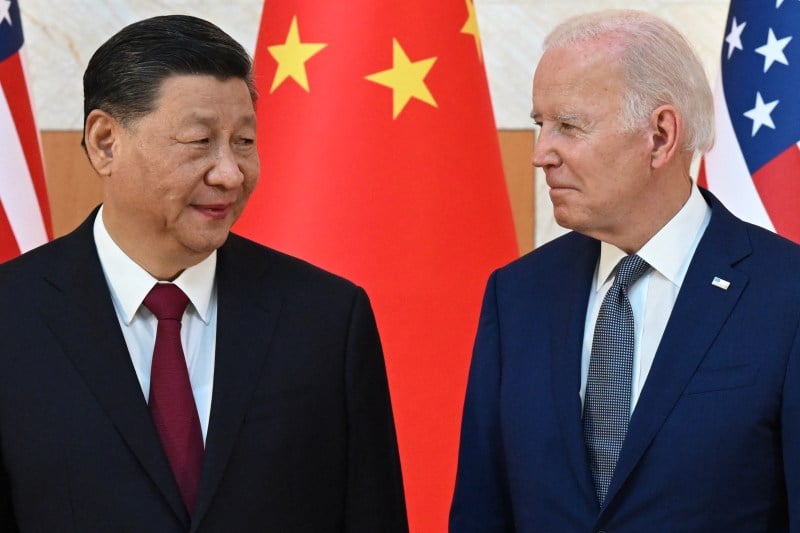Leaders of the world’s largest economies gathered in Bali, Indonesia, for the G-20 summit this week. Challenges to address included Russia’s war in Ukraine, unprecedented risks to international energy and food supply chains, and a global economy edging closer to recession. All of this was discussed as a missile fell on Polish territory, sparking questions about its origins and whether the war in Ukraine had just entered a new phase.
What were the main summit takeaways from the summit? FP editor in chief Ravi Agrawal spoke with FP columnists Matthew Kroenig and Edward Alden, and Lynn Kuok, a senior fellow for Asia-Pacific security at the International Institute for Strategic Studies.
Edward Alden breaks down one of the biggest outcomes of the G-20 summit in Bali, Indonesia, for U.S.-China relations.
Watch Matthew Kroenig’s response on what surprised him most in the leaders’ declaration that came out of the G-20 summit.

Lynn Kuok
Senior fellow for Asia-Pacific security, International Institute for Strategic Studies
Lynn Kuok is a senior fellow for Asia-Pacific security at the International Institute for Strategic Studies, as well as a visiting professor at Georgetown University’s School of Foreign Service and a senior research fellow at the University of Cambridge.

Edward Alden
Senior fellow, Council on Foreign Relations
Edward Alden is a columnist at Foreign Policy, the Ross distinguished visiting professor at Western Washington University, a senior fellow at the Council on Foreign Relations, and the author of Failure to Adjust: How Americans Got Left Behind in the Global Economy.

Matthew Kroenig
Deputy director, Atlantic Council’s Scowcroft Center for Strategy and Security
Matthew Kroenig is the deputy director of the Atlantic Council’s Scowcroft Center for Strategy and Security and a professor in the Department of Government and the Edmund A. Walsh School of Foreign Service at Georgetown University. His latest book is The Return of Great Power Rivalry: Democracy Versus Autocracy From the Ancient World to the U.S. and China.

Ravi Agrawal
Editor in chief, Foreign Policy
Ravi Agrawal is the editor in chief of Foreign Policy, the host of the podcast Global Reboot, and a frequent commentator on world affairs on CNN, MSNBC, NPR, and the BBC. Before joining FP, Agrawal worked at CNN for more than a decade in full-time roles spanning three continents, including as the network’s New Delhi bureau chief and correspondent. Agrawal has shared a Peabody Award and three Emmy nominations for his work as a TV producer, and his writing for FP was part of a series nominated for a 2020 National Magazine Award for columns and commentary. Agrawal is the author of India Connected: How the Smartphone Is Transforming the World’s Largest Democracy. He is a graduate of Harvard University.








